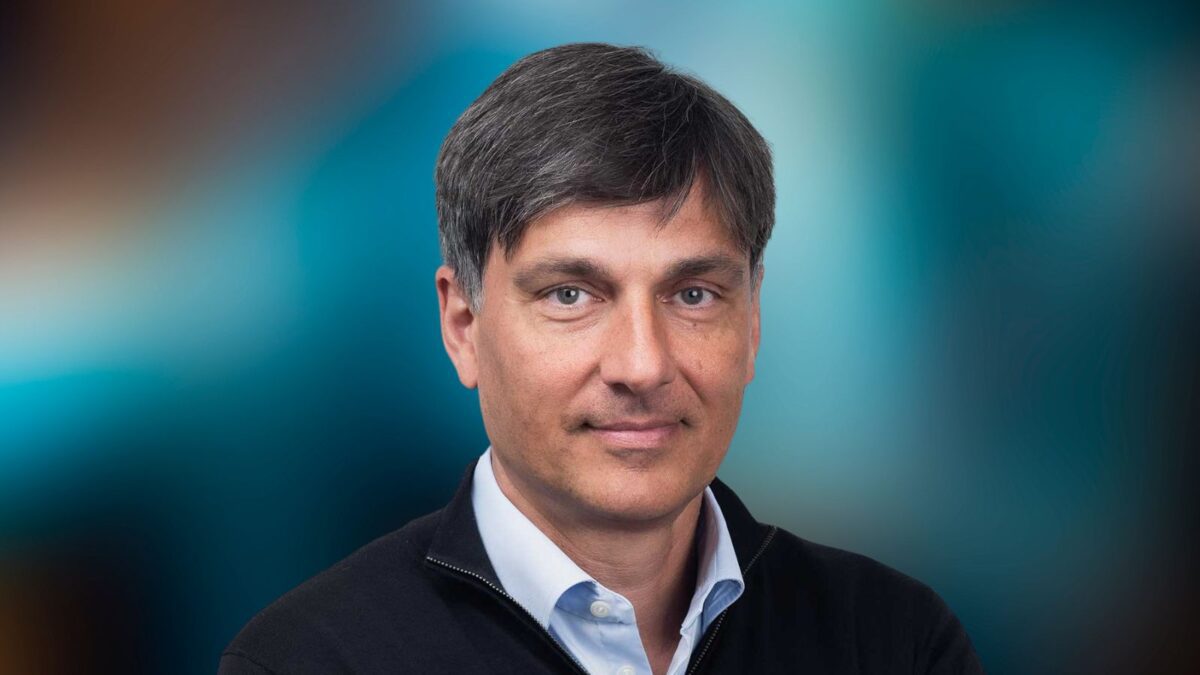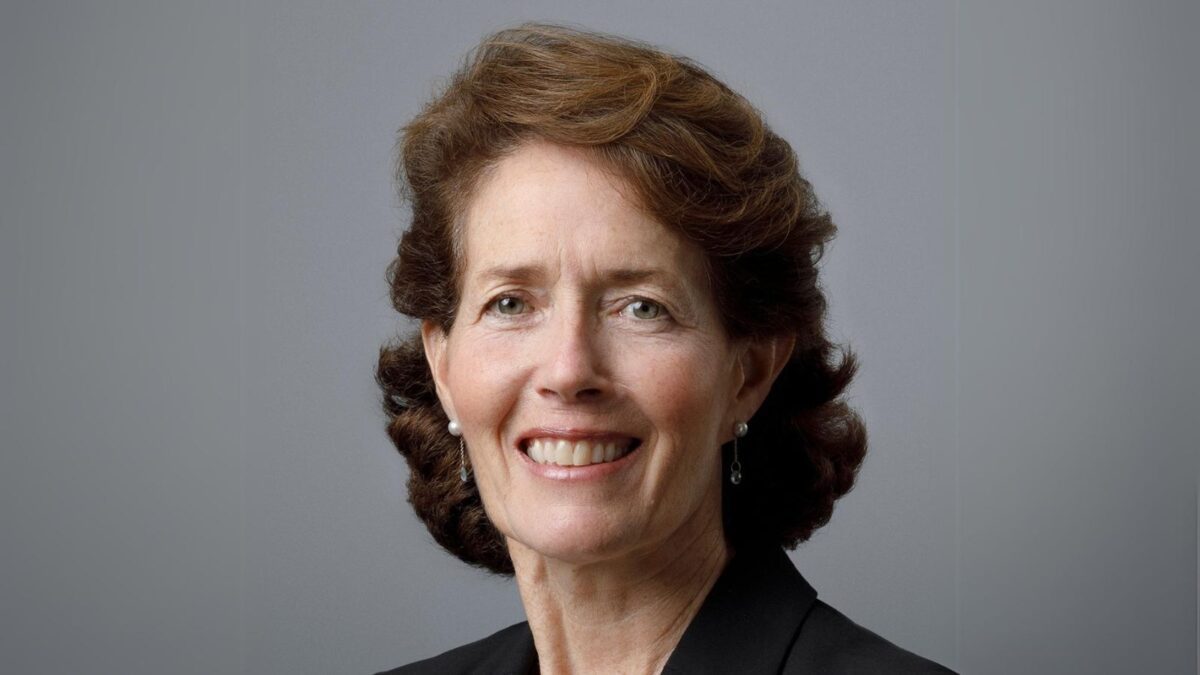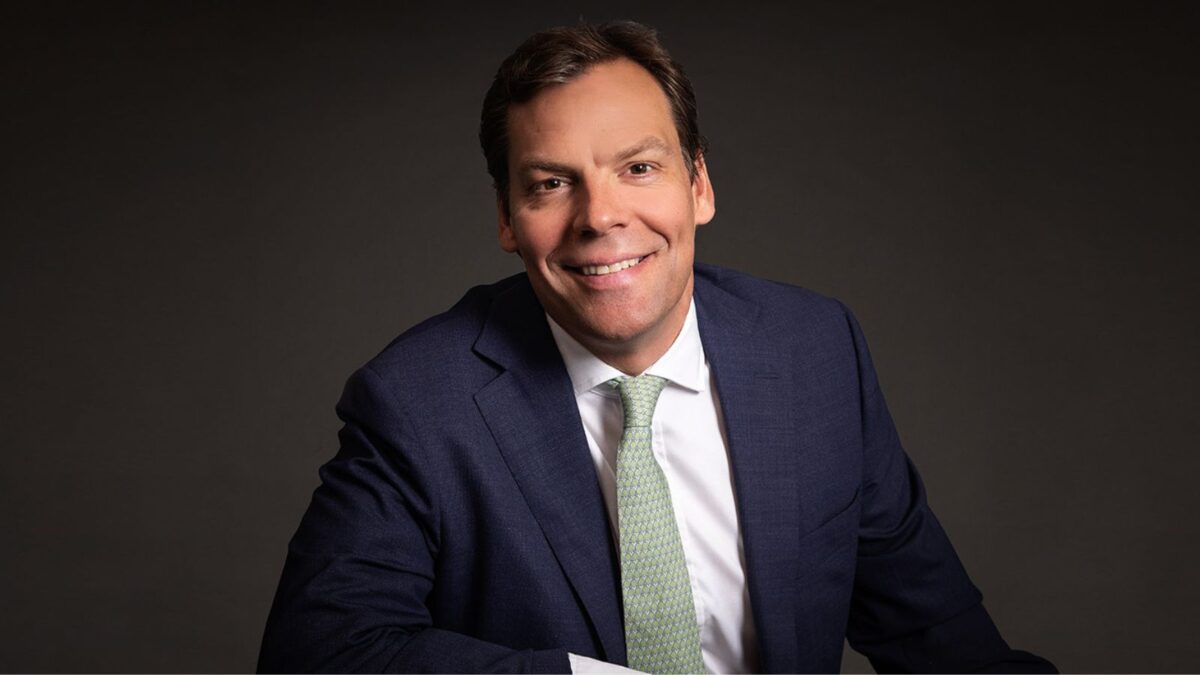Another bumper year for NZ Super in sovereign fund rankings
According to the latest Global SWF report, NZS was among just five government-owned funds to score a perfect 100 per cent in a composite measure of governance, sustainability and resilience (GSR).
NZS shared the best-in-show GSR rankings with two other sovereign wealth funds – Singapore’s Temasek and the Ireland Strategic Investment Fund – and two Canadian mega pension funds.
The NZ fund, now headed by Jo Townsend (one of about a dozen new government-run investment entity chiefs appointed in the last year), also reported the second-best overall 10-year performance to the end of 2023 in the Global SWF universe and the highest return of all sovereign wealth funds.
Over the 10-year period the NZS returned an annualised 10.8 per cent – well short of the 13.3 per cent clocked up by the Swedish AP7 pension fund but two per cent clear of the next-best sovereign wealth contender, the Australian Future Fund.
“The worst performers include stabilization (aka rainy-day) funds, which must keep a conservative allocation, and include Azerbaijan’s SOFAZ, Kazakhstan’s NF and Chile’s ESSF-PRF,” the Global SWF report says.
But bullish markets last year boosted assets under management of both the sovereign wealth (SWF) and public pension (PPF) fund sectors to record highs following the 2022 rout.
“For the first time in history, the AUM of SWFs has passed US$12 trillion, and the AUM of PPFs, has passed US$24 trillion,” the report says.
While NZS was a stand-out once again in the GSR rankings – a qualitative gauge introduced by Global SWF in 2020 – the 16 Australasian state-owned investment vehicles covered in the report rated the best in aggregate compared to peers in other regions.
“All funds in Oceania perform exceedingly well in disclosure, as none of the funds failed to report annual accounts, investment figures and returns,” the report says. “Moreover, they have a robust resilience framework and are up to date with the latest sustainability practices.”
Anne-Maree O’Connor, NZS head of sustainable investment, told Global SWF that the now $70 billion plus fund retained plenty of “institutional knowledge within the management” despite the recent exits of long-time chief, chair and CIO. O’Connor said while NZS had seen employee numbers increase from about 140 to 213 over the last five years, staff levels won’t “grow at the same pace as the portfolio”.
“We are looking at building a robust platform for a portfolio of NZ$300 billion (US$ 184 billion) by year 2050, with capabilities around technology systems, risk management, etc,” she told Global SWF. “We have also internalized some of the investment to teams where we thought it made commercial sense in terms of cost efficiency, although we expect to continue our partnerships with external parties and co-investors, too… it is all about building for the future, including some increase in insourcing.”











